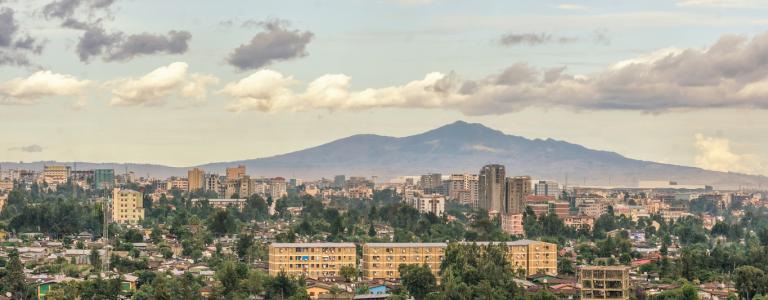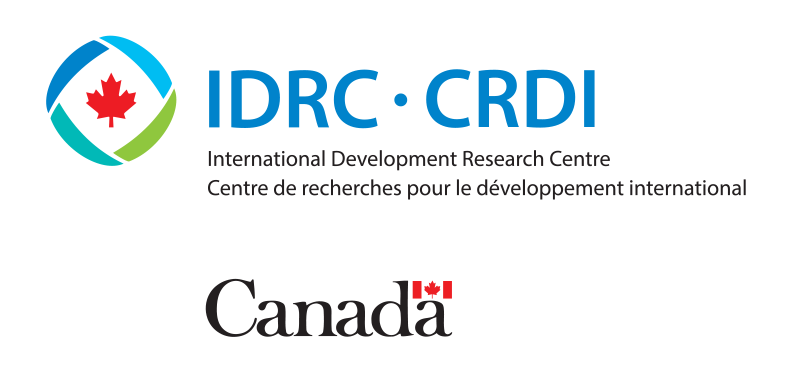African Environmental Ministers Commit to Beyond GDP and Inclusive Wealth Measures
To deliver more effective and coordinated responses to the growing environmental concerns Africa faces, African environment ministers, international partners, and national stakeholders met from August 14 to 18 in Ethiopia’s capital, Addis Ababa, at the 19th session of the African Ministerial Conference on the Environment (AMCEN-19).
The ministerial segment was held on August 17 and 18 following several days of constructive dialogues and inputs from civil society and the group of ministerial experts.
Centred around the conference theme Seizing Opportunities and Enhancing Collaboration to Address Environmental Challenges in Africa, the plenary sessions and side events covered several critical issues for the region’s sustainability, including critical minerals, natural resources, pollution, climate finance, the SDGs, and regional and global partnerships.
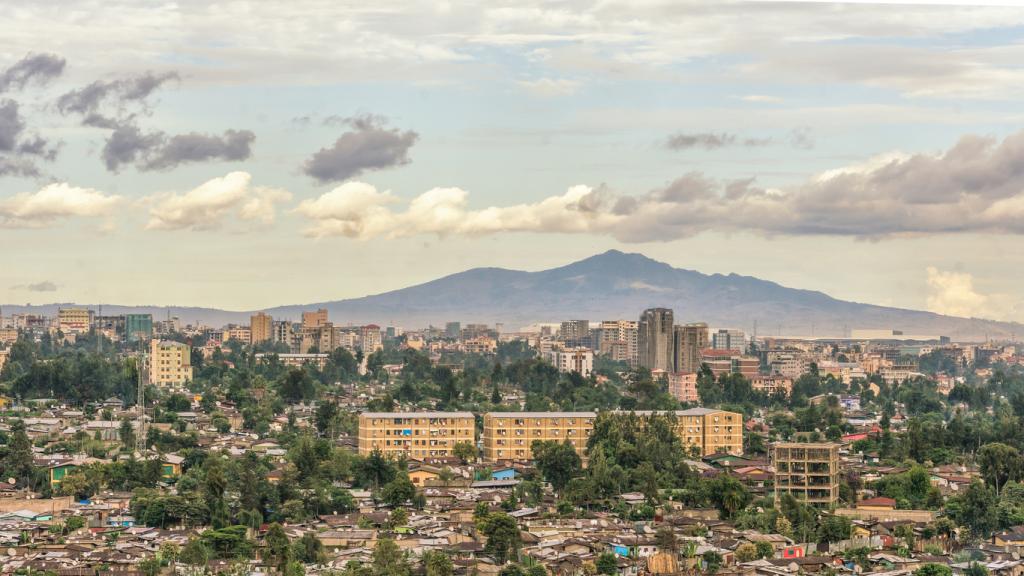
The meeting concluded in the Addis Ababa declaration, in which member states showed strong commitment to work together with AMCEN as the key coordination channel to address the ongoing environmental challenges the continent is facing. The series of concerns and action plans laid out in the declaration reflect several important concerns on the region's trajectory:
- African ministers' concerns regarding unsustainable economic activities and their impact on nature, climate, and pollution are growing.
- The sustainability and well-being of the continent are at serious risk: as stated in the declaration, the region lost 65% of its productive land over the past 70 years. Meanwhile, the population has grown more than sixfold.
- Global and regional coordination, capacity-building, and financial resources are key to addressing the ongoing challenges.
Aware of these challenges and the necessity to urgently go beyond business as usual, the ministers see the adoption of inclusive wealth measures as an important step forward that can contribute to the well-being of the continent. The introductory segment of the declaration reads:
We African ministers for the environment … committed to continuing to take environment and climate action to unlock inclusive wealth creation that safeguards the socio-economic well-being of the people in Africa.
This statement, which is backed up by government officials’ warnings during the conference on the destructive nature of our activities, shows that environment ministers have strong incentives to move beyond GDP as the primary tool of policy-making and toward inclusive wealth measures. In his keynote speech during the Inter-Ministerial Dialogue on Green Jobs, Burkina Faso’s Minister of Environment, His Excellency Roger Baro, stated: “It's time we all review our growth models so that our progress doesn't jeopardize that of generations to come.”
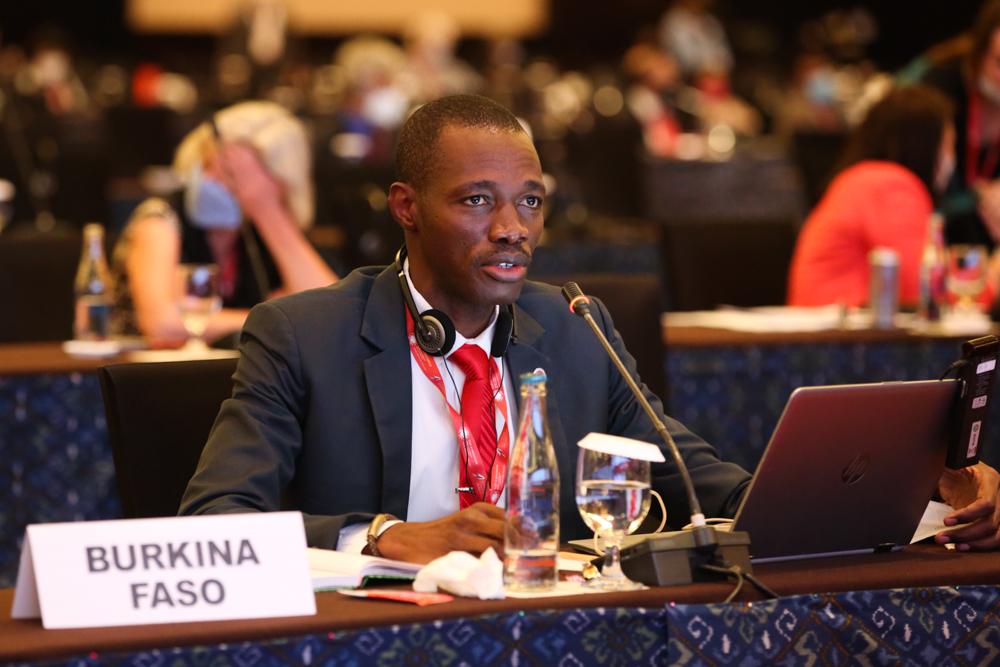
African ministers’ concerns about the destructive nature of our activities set a good foundation for the Summit of the Future, where world leaders will agree on proposals to better address global challenges. The proposals include moving beyond GDP toward indicators such as inclusive/comprehensive wealth, as suggested by the Secretariat General. In response to the ambition of the Secretariat General and the findings from the 2023 Inclusive Wealth Report showing a declining wealth per capita in many African countries, what is needed for the continent is an accounting framework that will allow countries to measure and monitor wealth and use it for policy-making. There are several reasons why such a framework is important for the continent:
- Because wealth is positively correlated with well-being, “unlock[ing] inclusive wealth creation that safeguards the socio-economic well-being” should begin with an assessment of the current national stock of wealth and how it evolved over time. Such an assessment will give countries a clear picture of their well-being path, opportunities, and bottlenecks.
- With a natural capital measure, countries will be better equipped to monitor their natural resources and biodiversity and the contribution of revenue drawn from the extraction of these resources to the development process. Take minerals, for instance. The region hosts the world's rarest resources, such as cobalt, lithium, and diamonds. About 60% of the world's diamonds are supplied by Africa. Yet, on average, countries capture only 40% of natural resource revenues. This 60% revenue loss represents a significant resource for governments, which could contribute to investment in education and jobs, as well as closing the current biodiversity finance gap estimated at “USD 700 billion per year” (Declaration, point 5).
- Several promising environmental and climate initiatives taken by the region can positively drive different components of wealth and thereby well-being. As stated in point 33 of the Declaration, the Green Climate Fund invested around USD 4.9 billion across 92 projects in Africa. This initiative, including many others, such as the Great Green Wall or the African Green Stimulus Programme, can positively and simultaneously drive job creation (human capital), the preservation of biodiversity (natural capital) and infrastructure (produced capital).
The 19th ordinary session of the AMCEN was another important opportunity for policy-makers to decide what they want for the future of the continent. The Addis Ababa declaration tells us that the holistic well-being of Africans and the health of the planet are top of mind. Along with the existing initiatives the region is embarked on, a wealth accounting framework will play a key role in achieving those aspirations.
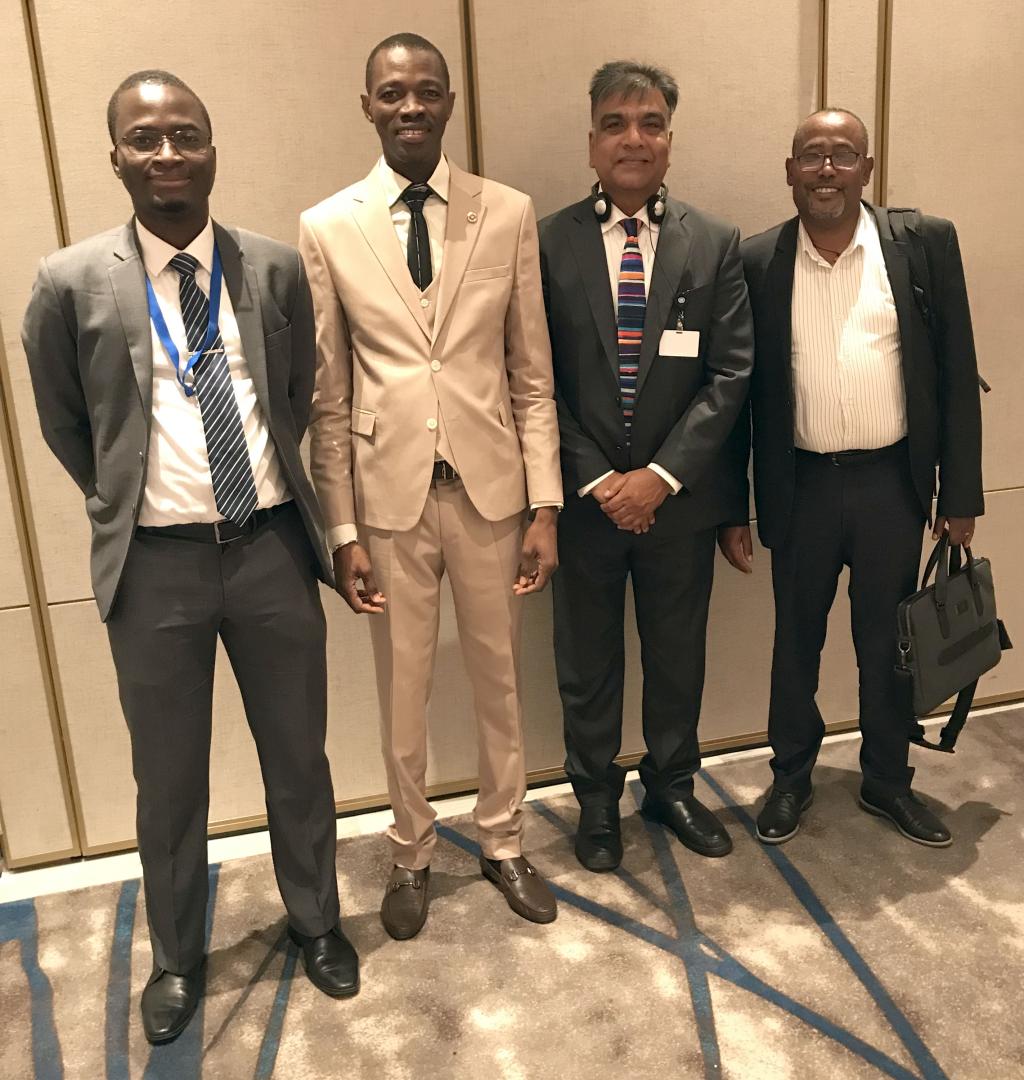
You might also be interested in
Moving Beyond GDP in the Caribbean
Growth in GDP in the Caribbean isn't capturing the full story of natural disasters, climate change, and social disruption—but action is already underway to move beyond GDP.
Working with Countries to Move Beyond GDP
Any framework that goes beyond GDP to measure societal progress must be country owned.
Founder of Midsummer Analytics to speak at FSU’s South Asian Media and Cultural Studies Conference
Robert Smith, founder of Midsummer Analytics and a senior associate with the International Institute for Sustainable Development, will speak at Florida State University on Thursday, Feb. 2, about avenues to replace gross domestic product (GDP) as the central measure of a country’s progress.
Sortir de la dictature du PIB (in French)
Et si introduire de nouvelles mesures qui prennent en compte la qualité de vie permettait de mieux relever les défis environnementaux auxquels nous faisons face ? La réflexion est entamée.
